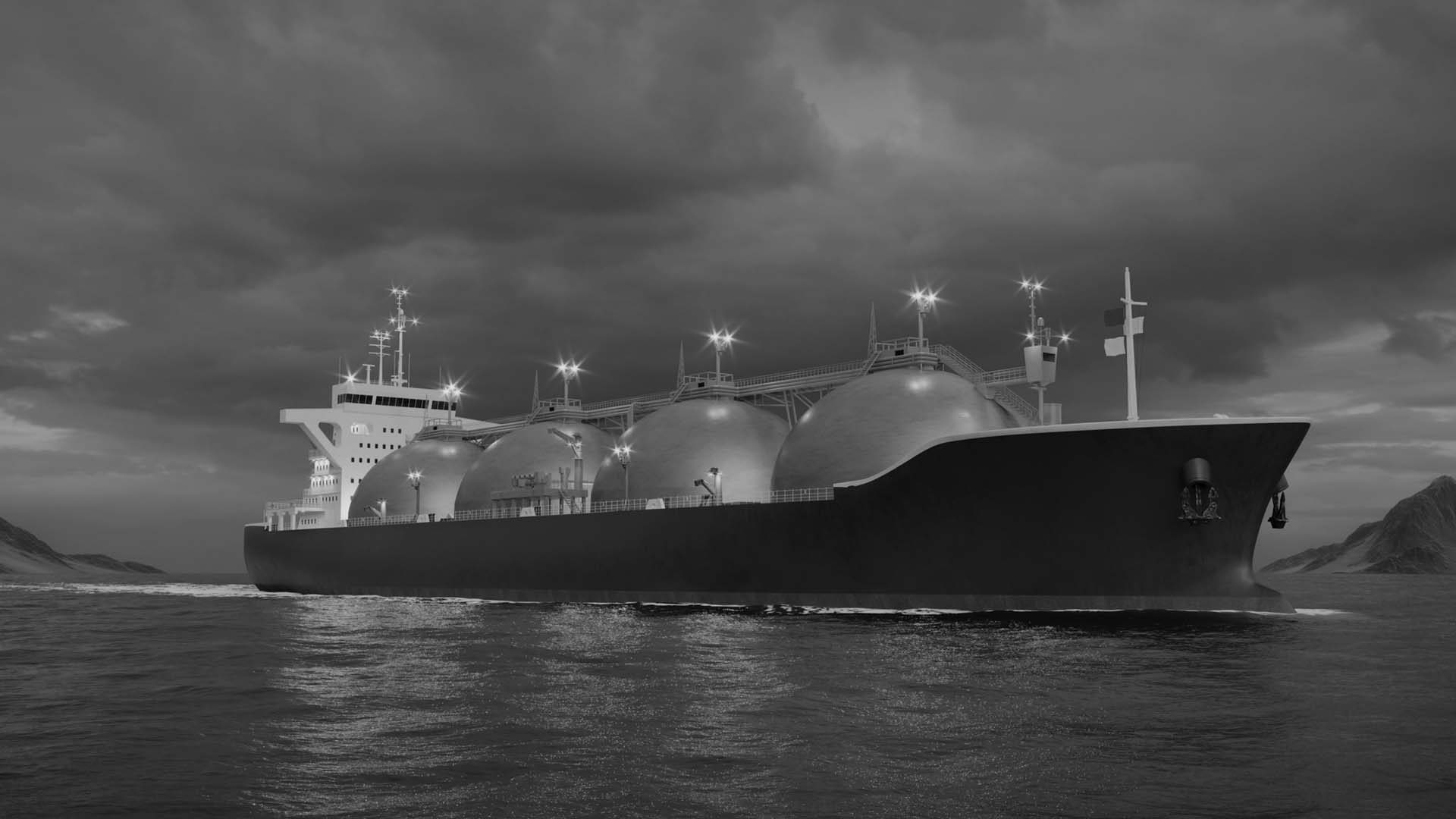
The solution to the CNG or LNG dilema, is more energy saving
The rapid increase in fossil fuel rates that essentially started as a natural gas crisis 8 months ago and has intensified due to the war in Ukraine, has led several countries to an energy standoff. The countries that are more vulnerable, of course, are those with the lower incomes, without several alternatives in terms of their energy system and without an integrated (or even a non-integrated) economic resilience planning. Greece is such a country.
The European response to the energy crisis was the RepowerEU joint action that contained several arguments in order to resolve in the short and medium-term the problem of disentangling from Russian gas. The main thing that became apparent in this action too, was that all the solutions that were put through, concerned the energy supply domain, like for instance to swap Russian mineral fuels with LNG from different countries or to boost quantities from renewable energy sources.
Once again, very little significance was given to the demand level, which was only presented as an adjuvant measure when it should be a priority. The reason is simple: The increased cost for households and the financial standoffs are due to the energy consumption and the increased rates. Therefore if the demand was gradually decreased (without lowering the energy services’ level), there wouldn’t be a need for increasing the imported quantity, and the overall economic and social cost would decrease. All the different scenarios (including the recent reports by the International Energy Agency and the IPCC) blatantly show that the least expensive way to lower the energy cost for the economy is via energy saving actions that can even have negative costs, compared to other investments that are being planned.
Within this framework, the ambitious and necessary European goals for climate neutrality should play an important role. In order to achieve the Fit-for-55 goals, we should reinforce and bind all countries to the renewable energy sources goals, to the decrease of mineral gas in electricity production and heating and to the energy saving schemes designed for buildings.
Instead of going forward with the above, several countries – including Greece – seized this opportunity in order to ignore the demand regulation’s role and set aside (or request an extension) their energy transition goals, opting to spend enormous sums of money in the supply field and energy security, which will for the most part again be achieved using mineral fuels. It is no surprise that interest for uneconomical pipes and drilling has risen again, even in Greece, and the country is about to sacrifice green transition in favour of an energy system that is fully dependent on mineral fuels.
The accumulation of public costs from the opening and shutting down of the lignite plants (as per the current mandate) as well as Ptolemaida V that costs 2 billion Euros only to be used for a few years before it has to be transformed into a natural gas plant (at an additional cost) definitely do not constitute a consistent state line.
Necessary structural changes in the Greek energy market, like the operation of the energy stock exchange that should allow for larger bilateral agreements’ participation in order to lower rates (since the players’ number doesn’t allow for the operation of a real stock exchange market), as well as faster investments in renewable energy sources, should be goals that are relevant to the demand regulation.
Demand management and its decrease through energy saving schemes are both things we’ve neglected. Let us not forget that Greece was fined in 2021 by the European Commission for not implementing the Energy Efficiency Directive of 2018, when in a few months a new Directive will start that will include even more ambitious goals. It is indicative that the country is incredibly slow in implementing energy saving measures [for example, the latest “Energy Saving at Home” (“Exoikonomo”) was being advertised since March 2021 but only started being implemented in December, in a COVID-19 peak while the materials’ cost had already risen due to the inflation]. The situation is quite similar with other relevant projects and schemes that are announced but then aren’t implemented (e.g. tax exemptions for home energy upgrades that in the end only covered the work and not the materials used etc.).
Also, Greece won’t reach its 2014-2020 energy saving goals because it hasn’t run the schemes or projects it has promised to, and even in 2021, the houses that were really upgraded in terms of their energy efficiency were no more than 60.000, if that. Meanwhile, more than 2 bn. euros were spent to subsidise electricity and natural gas bills, without essentially solving any problems. Since the beginning of the crisis (August 2021), the country had had enough time in which it could implement short targeted structural measures of energy interventions for vulnerable households. One thing is for sure: Even though Greece refers to this as a temporary phenomenon, it clearly chooses to ignore the European Commission and the International Energy Agency’s scenarios that speak of a projected steady increase of energy rates until 2050 (maybe with less inflation-related pressures) so one way or another, the country should be prepared.
Demand management is the most efficient way to decrease energy dependency and the resources in Greece are enormous (not to mention the near job opportunities and the creation of new jobs). Finally, the viewpoint that it’s too late to save energy but there’s still time for mining and drilling is, if nothing else, unfounded and utterly misleading.